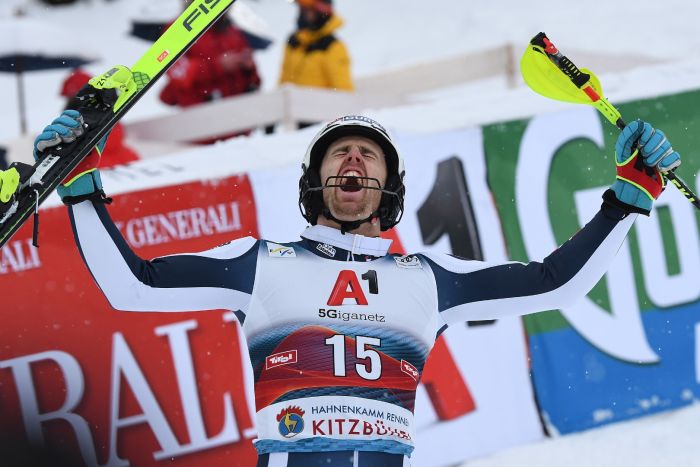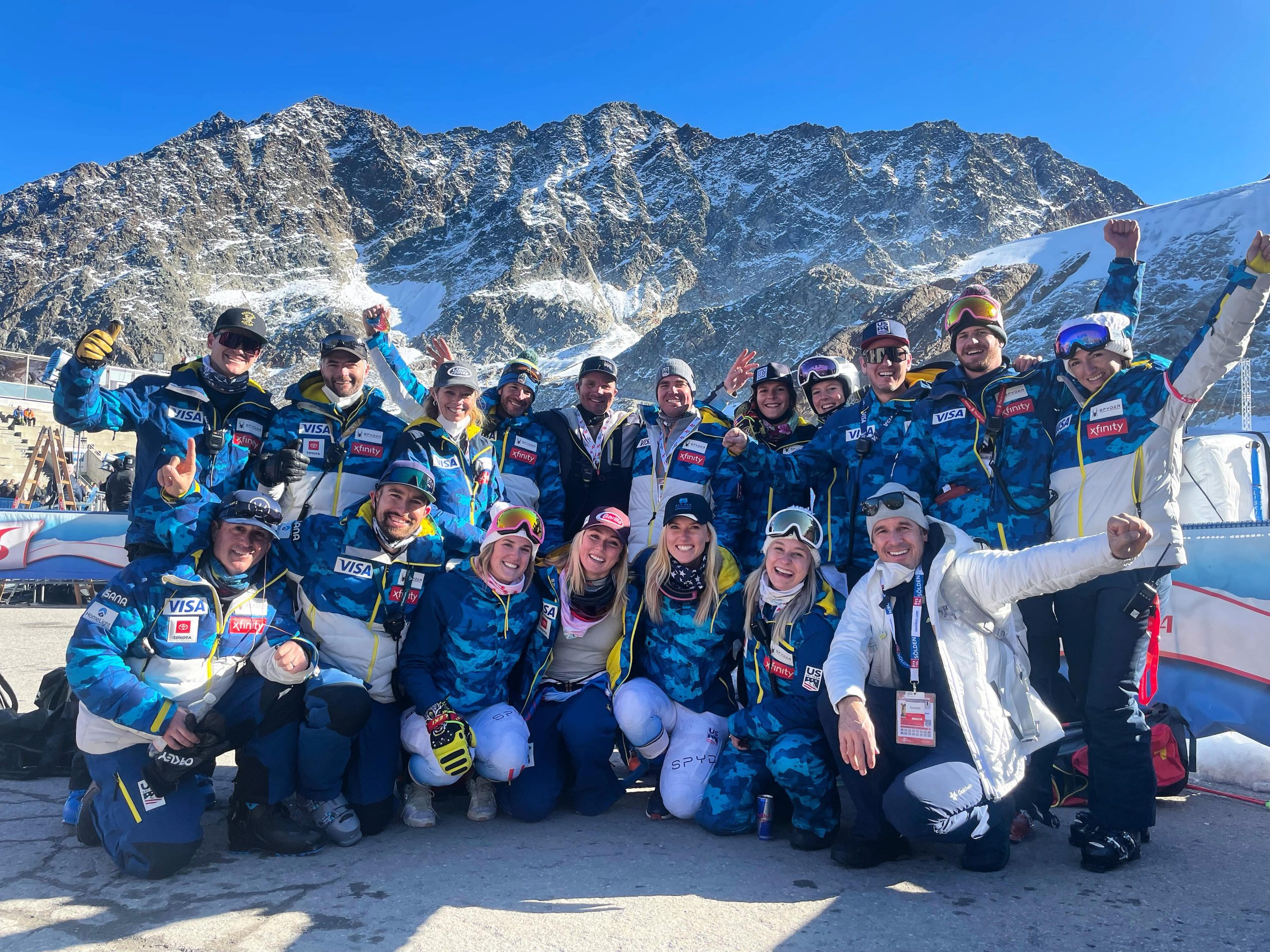
The UK had its best start to the 21/22 season in decades with Dave Ryding famously winning the Kitzbühel FIS World Cup men’s slalom race in January of this year. It was the first time since 1931 that a Brit has won the famous race on the Hahnenkamm run, also known as the “Streif,” and, in fact, the first time a Brit has ever won a FIS World Cup alpine race. He went on to fetch silver in Garmisch and it was promising to be the best wintersport season in British history.
However, at the Olympics the UK missed its target set by UK Sport of bringing 3-7 medals home by only winning 2 medals (1 gold and 1 silver, both in curling). This was deemed a disappointment after previously bringing home 5 medals from the 2018 and 2014 Winter Olympics and caused much public debate. As what appears to be a direct consequence, UK Sport announced that a meager GBP 11.9 million (USD 14.4 million) would be allocated across all winter sports areas. GB Snowsports stated that the allocated funds will not be sufficient to maintain elite performance.

To put this in perspective, the Australian government invested AUD 29.8 million (USD 20.7 million) into its winter athletes for the last Winter Olympics. This was an increase of 50% from the previous Winter Olympics for a country with less than half the population of Great Britain. Australia brought home 4 medals from Beijing, their best-ever Olympic tally. Australian funding for the 2026 Olympics in Milan/Cortina has not been announced yet but is expected to increase from the 2022 Olympics.
There is a direct linear relationship between the money a country spends on its athletes and the medals won, making the UK Sport decision even more disappointing. Chair of UK Sport, Katherine Granger, had previously said that a funding decision would only be partially based on the medals but also on grassroots participation, as the funds are public money.
Not every country has a federal government funding system for its Olympic athletes. Athletes in some countries are for example employed by the army which facilitates their training. In the US, funding goes from the USOC, which received income from broadcasting rights, directly to national governing bodies for each sport. A lot of funding also comes from corporate sponsorships, note the numerous sponsor logos on Team USA’s outfits.

2 thoughts on “United Kingdom Cuts Snowsports Funding After ‘Disappointing’ Performance in Beijing Winter Olympics”